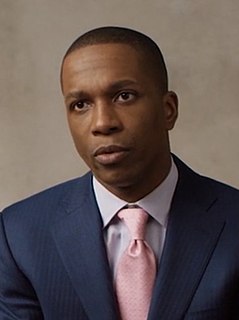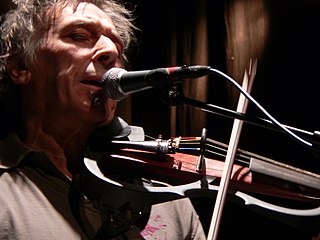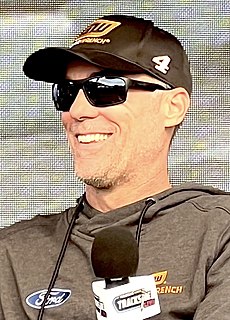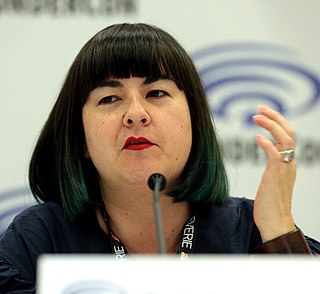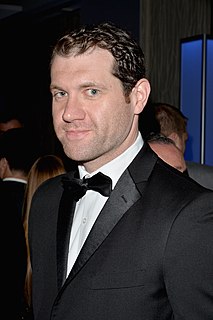A Quote by Leslie Odom, Jr.
I've done a lot of translation in TV, and I can do it. I'm trained to do it. I know how to inject a certain amount of my naturalness into that and where I come from into those things, but it helps if somebody's writing with my experience in mind.
Related Quotes
Translation is harder, believe it or not. You do have to come up with a story, and actually I'm mystified by that process. I don't exactly know how the story just comes, but it does. But in writing a story that you're inventing, versus writing a story that somebody else has made up - there's a world of difference. In translation you have to get it right, you have to be precise in what you're doing.
Writing helps us heal in certain way, but it doesn't make the experience of thinking about writing that occasion any less painful. When you revisit trauma, you don't know what's going to be triggering for you because you don't know how it's connected in your mind. So in the same way when we write something, it doesn't completely resolve the experience for us. It can feel therapeutic, but that's not the reason why I do it. I do it to ask a question, or just to find meaning.
When you see me on TV, that's about as close to my real personality as you can get. There are a certain amount of folks who admire me, there are a certain amount of folks who don't, and I'm not going to try and change their mind. Nothing I can do will change their mind anyway, because they already have a good gauge of who I am as a person.
I have done literary translation because the University of Arkansas, where I did my MFA, was program of creative writing and translation, and it's a very different experience. You're trying to honor the writer. You shouldn't allow yourself, for example, to encounter a sentence that's three lines long and break it up into four smaller sentences.
I'm a fan of Bjork, a fan of Premier, you know, those are the first two names that come to my mind. You know, I've learned a lot from every person I've collaborated with, from Madlib to Jean Grae and Hi-Tek, to Mos to DJ Quik, to even somebody like Jermaine Dupri. I've taken something important away from every experience.
There's a certain amount of pressure that goes with writing superhero characters, especially characters that are beloved to audiences. You know that you're always writing into a certain amount of expectations and into an existing fandom, and I try to take the pressure of that in when I first accept a project and then I try to push it aside as much as possible and just focus on the story that I want to tell. It's definitely a little more pressure than writing something of your own, from your own brain, and creating those expectations from scratch. But I also like the challenge of it.
By TV standards - I'm not comparing it to manual labor by any means - by TV comedy standards, it is the hardest job I will ever, ever have. There is nothing that could be harder. I mean, when you combine the amount of writing that has to be done - sharp writing - with the fact that you then take it to the street and improvise with both celebrities who have no idea what's going to happen and real people who are not actors or comedians who don't even know I'm about to talk to them... It's lightning in a bottle every time.
